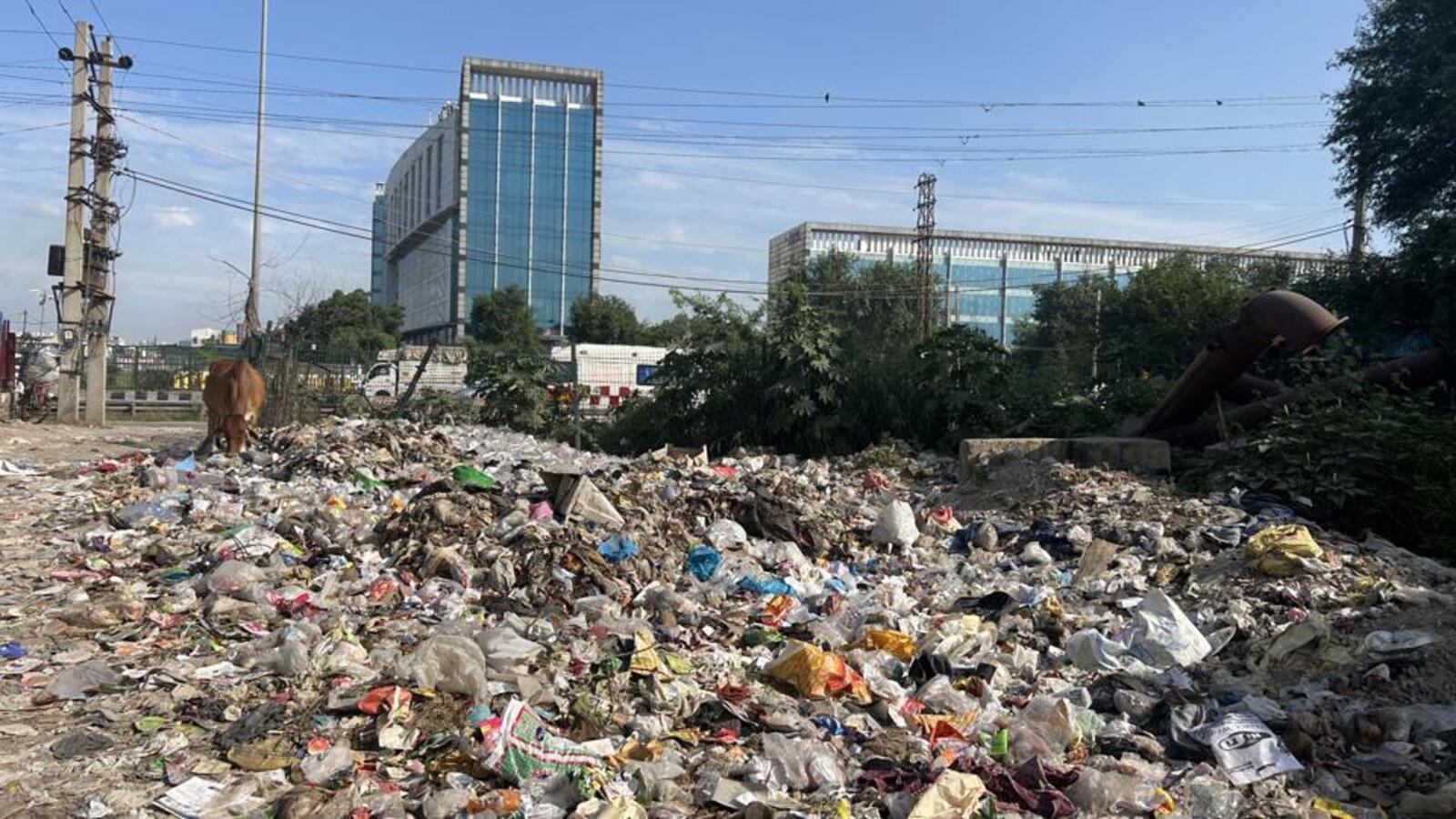Pune has seen a paradox in civic hygiene while public littering is penalised, widespread accumulation of garden waste—fallen branches, leaves and uprooted shrubs—remains largely untreated in numerous neighbourhoods following pre‑monsoon tree trimming drives. Despite municipal assurances and a waste-to-fertiliser strategy, residents report systemic neglect in local collection. Neighbourhoods across Bavdhan Khurd, Warje Malwadi, Kalyaninagar and Wagholi are revealing a deeper governance gap.
Citizens say they have repeatedly flagged the issue, yet municipal resolution remains elusive. In Bavdhan Khurd, one resident observed there has been no sweeping or garden waste pickup in lanes for over six months. Even though officials occasionally inspect the area, the work remains uncompleted. Similar complaints by Warje Malwadi residents note that adjacent lanes were officially visited but still required residents to clean up on their own, sometimes paying contractors up to ₹500—despite property taxes covering such services. Activists in Wagholi highlight that while garbage vans operate on main roads, garden trimmings from societies or inner bylanes lie unattended. This neglect has led many to burn waste, causing air pollution and health hazards. In Kalyaninagar and Sahakarnagar, citizens describe regular piles forming on pavements, obstructing passage, especially for elders and visually impaired pedestrians.
The municipal corporation claims to have a dedicated collection framework: each ward is allocated a van for garden waste pickup, which is then processed into organic fertiliser, mulch or biofuel. Citizens are urged to segregate horticultural waste and can request containers for private properties at a nominal charge. However, experts at the city’s zero-waste initiatives note that field reporting reveals irregular schedules and poor contractor accountability. Small or older housing societies without composting infrastructure often leave excess organic waste in public areas, reliant on delayed municipal pickup. An official overseeing solid waste management has acknowledged the gaps and pledged to direct ward officers to enforce the stated schedules; any direct contracting by residents without receipts would be declared illegal. Further, the municipal department responsible for tree trimming has been advised to ensure post‑pruning clearance is coordinated with waste collection teams.
Urban sanitation experts stress that efficient garden waste removal is pivotal to Pune’s broader zero‑carbon and inclusive urban agenda. Uncollected organic debris not only clutters public spaces but also contributes to greenhouse emissions if burned, undermining sustainability goals.
Also Read : Bengaluru Startups Launch App for Seamless Metro and Bus Connectivity


